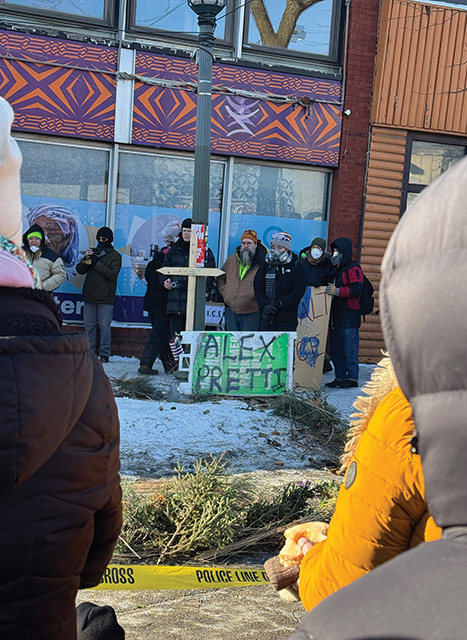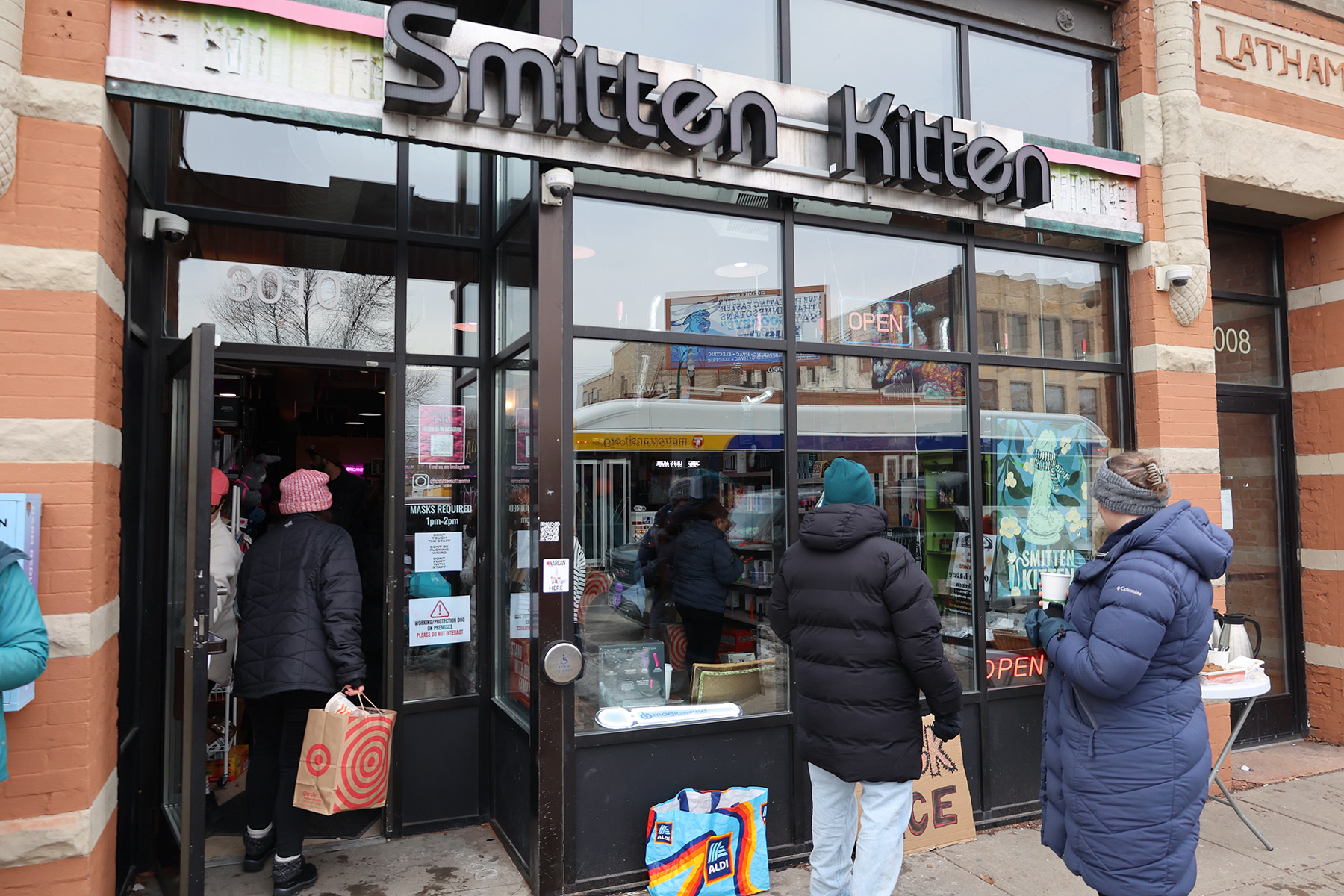A crucial restoration project is currently in progress in the northeastern woodland area of Cedar Lake. The three-year project is underway thanks to $93,372 in easement fees generated from the Southwest Light Rail closure of Cedar Lake Parkway by Burnham Road.
Park board commissioner Elizabeth Shaffer was instrumental in ensuring that local organizations which have historically cared for the impacted area, particularly the Cedar Lake Park Association, had a voice in the allocation of these funds and the overall direction of the project.
Park board easement funds are typically scant and, when collected, usually go into the Planning Department’s general fund. In January 2022, Shaffer proposed an amendment to get these easement fees contracted to be used to address the community’s priorities, but the park board voted it down. Her amendment eventually passed in June, and fees were added to the contract rather than the general fund. Shaffer explained, “This is when my amendment to direct the fees to a natural resource project around Cedar Lake was supported…acknowledging the impact SWLRT has caused on one of the most natural public corridors in our city and including the volunteers and community in how the funds would be spent.”
The resulting restoration contract was
awarded to Prairie Restorations, a local environmental firm with a proven record with such projects. The firm was selected in part because its scope of services and pricing allowed for follow up beyond the first stage of eradication. The project aims to rehabilitate and enhance the ecological health of this largely decayed 18-acre natural area. Restoration will better connect the area to other adjacent park improvements including the Cedar Lake Regional Trail Prairie to the north and East Beach, School Forest and Burnham Woods to the south. Significantly, the woodlands will now receive increased institutional recognition and accountability because the MPRB Natural Resources department considers it a “managed” natural area.
The contract includes three objectives, the first being “initial invasive species removal,” specifically targeting removal of mature buckthorn and roundleaf bittersweet. The project is scheduled to run through the second quarter of 2027, but the immediate impact has been jarring to many who frequent these woods. Forest mowers have been plowing and shredding invasives at a rapid pace, removing almost anything under 10-15 feet, and leaving torn stumps roughly six inches above the ground.
Regular walkers will discover a profoundly changed woodland. But, particularly for those who have long recognized how utterly choked the area was with invasives, there is a new sense of possibility, freeing the native trees from the grip of these invasives. While it may be hard for some to move past the stumps and woodchips, a new sense of place is forming, with lines and shapes and spaces never before experienced by people alive today. Finally, for those who are having trouble getting past the wood chips and stumps, park board forestry staff report that the chips biodegrade more quickly than larger cuttings, and shredded stumps are less prone to resprouting than clean cut ones.
The contract’s second objective, “follow up control of resprouts and seedlings,” is scheduled for 2025 to 2027. This will include spot spraying of herbicides (Garlon mixes) to any surviving invasives. The third and final objective is the reestablishment of native plant communities, including various woodland and prairie mixes. Recent research from the University of Minnesota encourages the use of grasses, and the project management team is looking at the purchase of Canada wild rye and silky wild rye.
This project represents a significant public investment in a long overlooked and badly deteriorated natural area. It also demonstrates a commitment to engaging the local community, and to prioritizing the basic needs of our natural areas over the development of facilities, features and amenities. Overall, this project recognizes the value of natural parklands as the foundation of our park system, and there is every reason to be hopeful that in 10 to 20 years this area will be viewed as a model of successful restoration.






